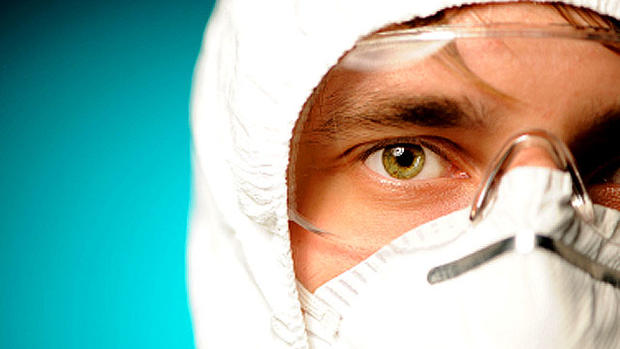Lungs from heavy smokers may be okay for transplants
Though smoking damages the lungs and could raise risk for cancer, new information suggests that some heavy smokers may be able to become lung donors.
Research released during the 49th Annual Meeting of The Society of Thoracic Surgeons in Los Angeles shows that people who received lungs from heavy smokers had the same short and medium-term survival rates compared to people who received lungs from non-smokers.
"Our findings demonstrate that the current criteria for lung transplantation can potentially be revised to include donors with a heavy smoking history. This may help decrease the shortage of donor lungs and decrease waiting list mortality," author Dr. Sharven Taghavi, a cardiothoracic surgeon at the department of surgery at Temple University Hospital in Philadelphia, said in a press release.
Lung transplants are not a common procedure because there aren't many donors, according to the National Heart, Lung and Blood Institute. Only 1,800 lung transplants were performed in 2010, but many more would have been done if there were more approved lungs available.
Lung transplants are usually reserved for patients who are going to die of lung disease in one to two years and are considered a "last resort" treatment, the National Heart, Lung and Blood Institute reported. People can receive a single-lung transplant, a double-lung transplant or a living donor lobular lung transplant in which a person donates a part of one lung to another person. The latter is typically done in children.
- Women's lung cancer death rate almost the same as men's
- People who quit smoking by 40 may live as long as people who never smoked
- "Lung brothers" share the gift of life
Researchers looked at 5,900 double-lung transplant recipients from the United Network for Organ Sharing database between 2005 and 2011. Thirteen percent of the subjects received lungs from heavy smokers, meaning people who smoked at least a pack a day for more than 20 years.
In addition to the similar short and medium-term survival rates, people who received lungs from heavy smokers did not have worse lung function, and they had similar rates of deaths due to cancer compared to the group that received non-smoker lungs.
Dr. Marie Budev, director of the lung and heart transplant program at the Cleveland Clinic, told CNN that the results were not shocking. While taking damaged lungs might sound like a bad idea, it may be the only way to help a person live longer if the donor supply is dwindling.
"It comes to us asking and informing our patients, with critical data, and saying this is what we know, and what it may mean to you... your risk of malignancy may not be greater. But your risk of rejection won't be more. And your lung function will be maintained over time," said Budev.

